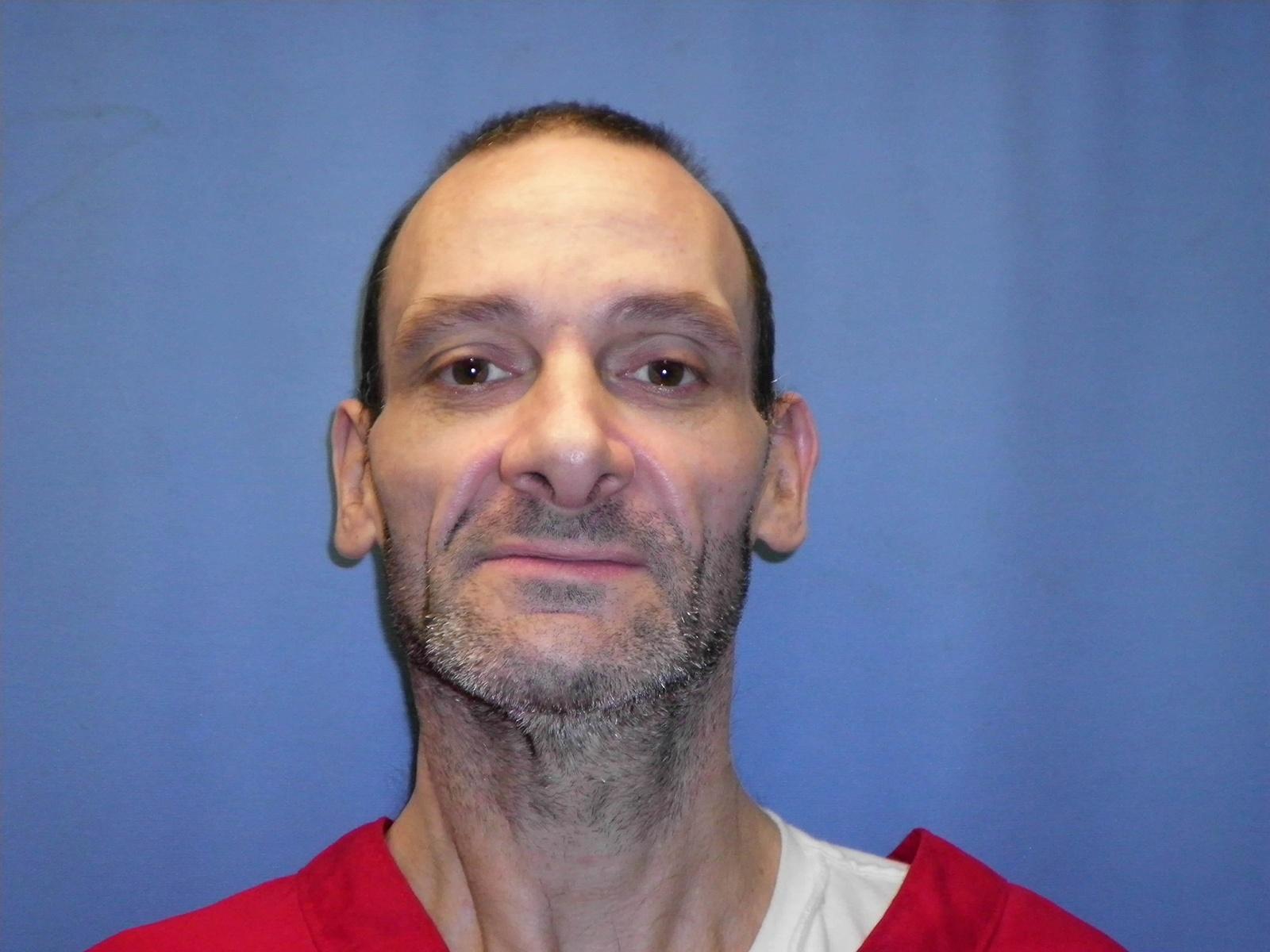Cox will be executed at the Mississippi State Penitentiary at Parchman on Nov. 17 at 6 p.m. by lethal injection, just days before his 51st birthday.
Today, there are 37 people on the state’s death row, including one white woman, one Hispanic man, one Asian man, 20 Black men and 14 white men. Cox’s execution will the first in the state in nearly a decade, when, in 2012, the state executed six people in one year.
This summer, the Mississippi Department of Corrections revealed the state acquired lethal injection drugs amid a national shortage as pharmaceutical companies no longer want their drugs used in executions.
MDOC is currently undergoing a lawsuit with the Roderick & Solange MacArthur Justice Center, who sued the department in 2015 on the basis that the state’s lethal injection protocol is inhumane. According to the lawsuit, Mississippi is one of the last remaining states to use three different drugs, including compounded drugs created in a pharmacy, to execute people.
According to Robert Dunham, the executive director of the Death Penalty Information Center, FDA-regulated pharmaceutical companies have adopted policies to forbid the sale of medicines to departments of corrections to use in executions.
“The states that have been willing to break the law have been able to get drugs to carry out executions,” Dunham told the Gulf States Newsroom. “[The drugs are] supposed to be for saving lives, prolonging lives, making lives better. They're not supposed to be used for non-medical purposes, and killing prisoners has never been an approved medical purpose.”
It is unclear how Mississippi obtained drugs for Cox’s execution. When asked by the Gulf States Newsroom how the drugs were obtained, the MDOC did not respond.
Dunham said some states have been known to surreptitiously obtain the drugs. In 2014, the Louisiana Department of Public Safety and Corrections obtained execution drugs from a local hospital without disclosing that they intended to use the medicine in a lethal injection execution.
“There was a significant backlash because of that,” Dunham said.
This story was produced by the Gulf States Newsroom, a collaboration between Mississippi Public Broadcasting, WBHM in Birmingham, Alabama, WWNO in New Orleans and NPR.



